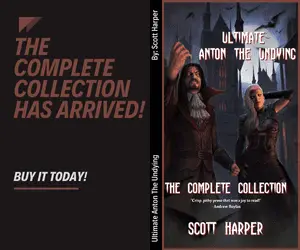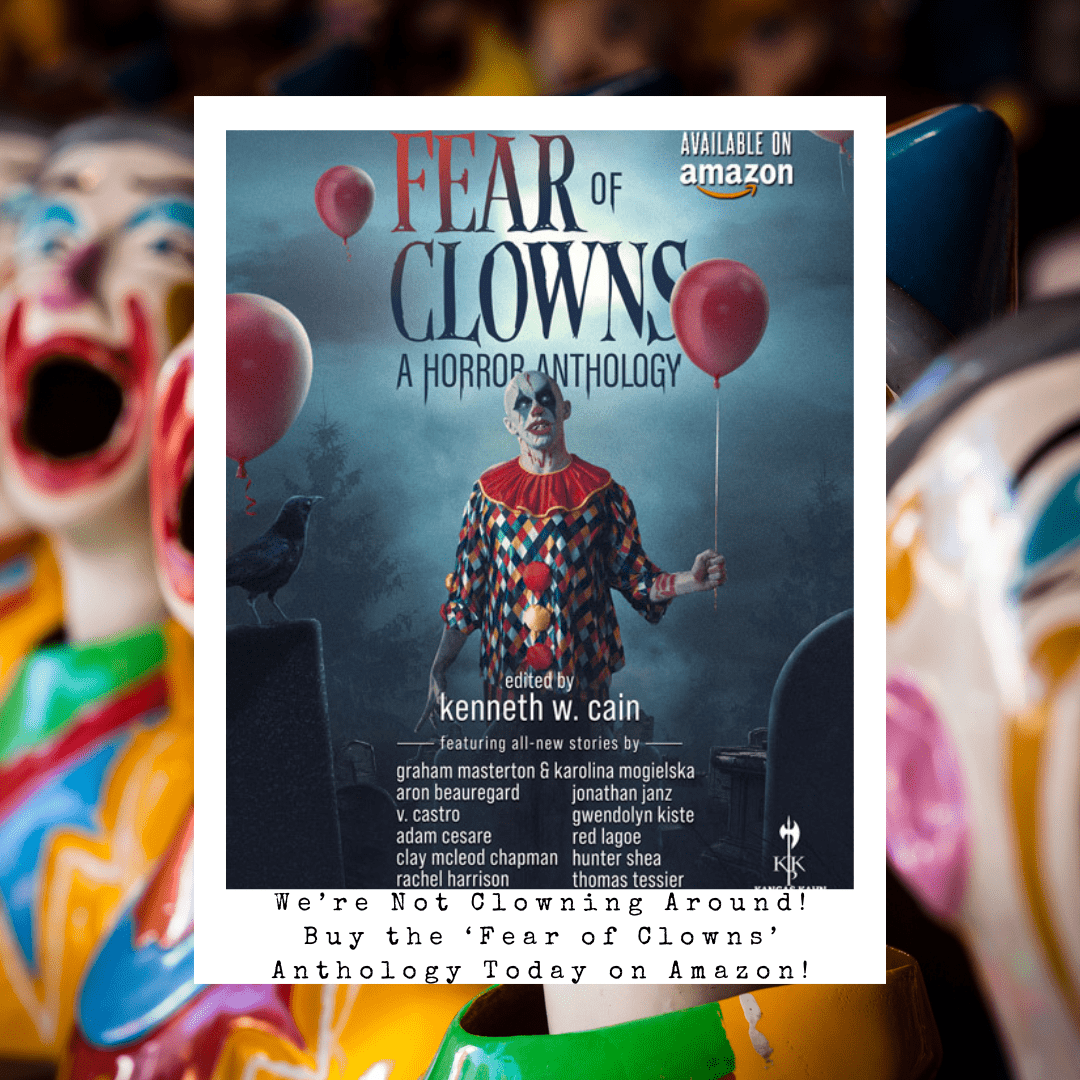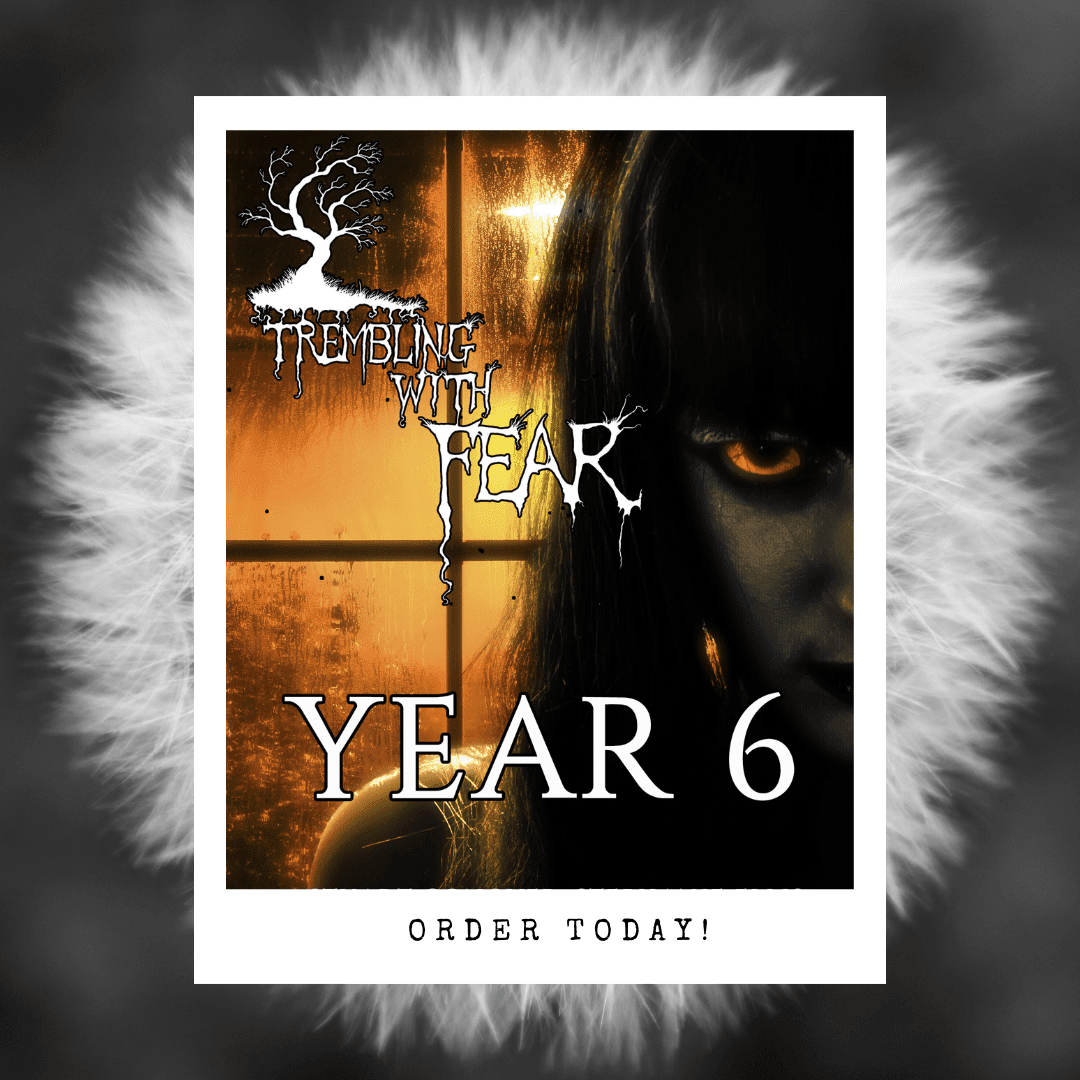How fantasy built the foundation for my horror stories
How fantasy built the foundation for my horror stories
I’m frequently asked how it is that I became interested in horror as a creator.
It’s one of those questions that I tend to immediately internalize as if it’s coming from a place of judgment (in fairness, more than once it has).
But it’s an honest question also, and the answer is rather mundane, but I think it is useful for us as creators.
Here’s the big (read: boring) reveal: I come to horror by way of fantasy. If anything, fantasy is homebase for me and horror came a bit later.
My journey as a reader began with fantasy passed on from my older brother, specifically Elizabeth Winthrop’s The Castle in the Attic, followed by The Hobbit, Lord of the Rings, Redwall and then Dragonlance and Forgotten Realms. And, to a lesser extent, The Sword of Shannara, Wheel of Time and Raymond E. Feist’s Riftwar saga.
Why am I taking you on a trip down memory lane? Because fantasy is foundational to my craft as a horror writer, and I continue to draw on my knowledge of it to this day.
And the argument I’m going to make here is that there are lots of gateways to horror and none of them undermine your ability to create in this space, in fact they probably enhance it.
In my case, I was drawn to the darker and spookier elements of fantasy from the get-go: more interested in what happened in Moria than on the Pelennor Fields.
More specifically, if we zero in on the surface-level elements of fantasy, it can be a useful place to draw inspiration from for a horror story.
The obvious linkage between the two is creature horror.
For me, the monsters, magic and sorcery present in fantasy stories are easily ported to the horror genre to add the element of the weird or supernatural to an otherwise contemporary narrative.
At that point, it simply becomes a question between your direction as a creator to define the subsequent story in one genre or the other (and I’m massively oversimplifying here): a hero’s journey with supernatural elements to make it a fantasy, or a story about empathy driven through fear with a supernatural element to make it a horror story.
And, yes, it can be all these things and a blend—none of it is mutually exclusive.
But for the creators out there, fantasy continues to serve as a go-to place for me to borrow ideas, monsters, themes and even places to set my horror in.
For example, on my shelf are two books of continual helpfulness for creature-based stories: The Encyclopedia of Things That Never Were and A Tolkien Bestiary. I’ve referred to both countless times when looking for inspiration.
Just the same, my encyclopedias of mythology are quite handy, as are my Folio Society collections of Grimm’s and Hans Christian Andersen’s fairy tales, both of which have provided ideas for creatures but also time-tested narrative structures that can be borrowed for short stories.
My short “The Lighthouse Keeper” in Black Cat Books’ anthology That Witch Whispers is roughly based on “Hansel and Gretel”.
I’ve also been known to peruse my Dungeons and Dragons fourth-edition monster manual and quest guides for ideas, typically to work into a story.
Heck, I’ve even fired up Dark Souls and its sequels at times to draw inspiration for atmosphere and place-building.
For me, fantasy’s limitless bounds and Euro-centric mythological traditions are often a great world/creature foundation from which to build a story about empathy and fear—that’s the little groove I like to live in as a writer.
For others, it might be science fiction, romance, legal thriller, noir, etc.
The good news is these genres, in my view, add to horror, and layering them together is an increasingly rich literary experience that’s being played out by a variety of publishers right now.
So, while I’m an avid reader of horror, my homebase remains fantasy and I’ve found it to be particularly useful to leverage my knowledge of that genre in the creation of text for this one.
In other words, the broader your exposure and experience in life, the better chance you have at creating art that is the sum of that alchemy and relayed in your unique voice.
Have fun writing.












